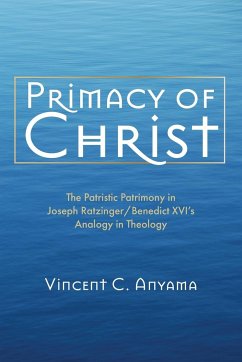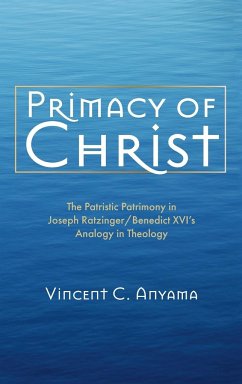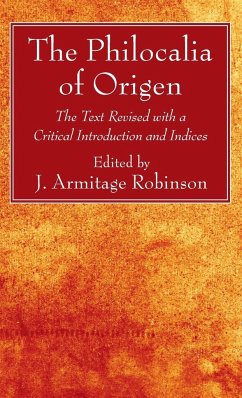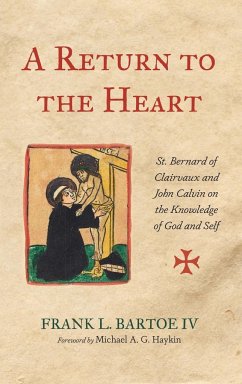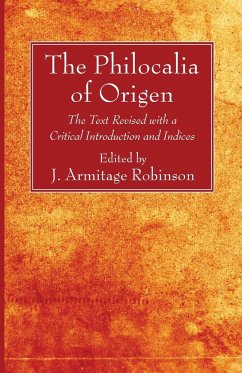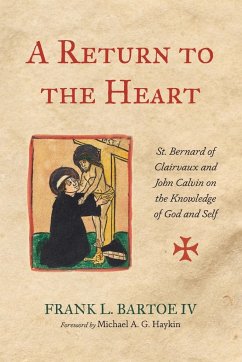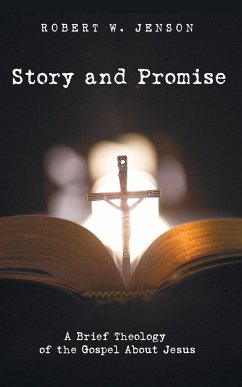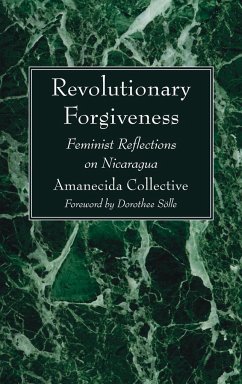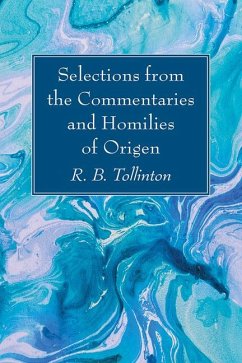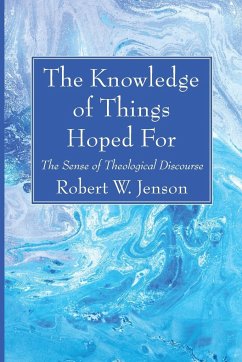
The Knowledge of Things Hoped For
Versandkostenfrei!
Versandfertig in 1-2 Wochen
25,99 €
inkl. MwSt.

PAYBACK Punkte
13 °P sammeln!
What sort of meaning for today's world emerges in theological discourse? ""We sit in the pew,"" the author writes, ""and ask, 'But what does the preacher mean?' We climb the pulpit with despair of the words we must utter--a despair present for a generation at least, but now become explicit."" The suspicion that talk about God makes less and less sense is set both by the dominance of the sciences as models of certainty, and by our increasing acceptance of historical relativism. The order of Dr. Jenson's book follows the order of his search for verifiability; his conclusions acknowledge the real...
What sort of meaning for today's world emerges in theological discourse? ""We sit in the pew,"" the author writes, ""and ask, 'But what does the preacher mean?' We climb the pulpit with despair of the words we must utter--a despair present for a generation at least, but now become explicit."" The suspicion that talk about God makes less and less sense is set both by the dominance of the sciences as models of certainty, and by our increasing acceptance of historical relativism. The order of Dr. Jenson's book follows the order of his search for verifiability; his conclusions acknowledge the reality of promise, the ""centrality of hope for Christian faith and discourse"" that is the common motif of many different contemporary theological programs. To overcome a deficiency of previous discussions, Dr. Jenson starts with an investigation of how classical theology, through key proponents, has understood itself. An account of Origen centers on ""the language of images,"" one of Thomas on the notion of ""analogy."" Seeking both continuity with and freedom from these traditional interpretations, the author then enters the contemporary discussion. Over the challenge of verifiability he engages the English and American ""analysts,"" over the challenge of historicism he engages the European ''hermeneuticists,"" in quest of a more viable and comprehensive answer than either has been able to offer.





